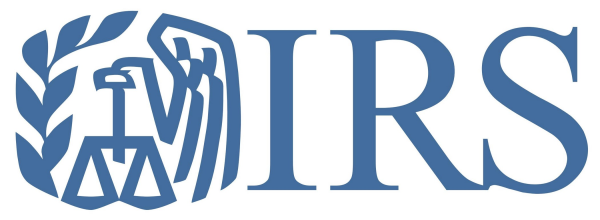
An accomplished Illinois attorney and business owner, Heidi Scott has over two decades of legal experience. Heidi Scott is the owner of Illinois-based Schuyler Brown Land Title, a full-service title company that delivers title examination service, among others.
Title examination is a key process of a real estate transaction whereby a search is conducted to determine the real identity of the owners of a property as well as other information associated with a property. This process seeks to determine whether any encumbrances attached to the property might hinder or affect the transaction. Encumbrances include any restrictions placed on the property in the course of ownership and unpaid taxes.
Additional information sought during title examination includes plats (map of an area of land) and restrictive covenants that prohibit certain actions. Title examinations also disclose the history of property ownership, all the deeds issued in the past, and verifying the chain of the title. The examination also checks for any will and trust documents and how they can affect the status of the current transaction.
For more information, contact Schuyler Brown Land Title at 217-773-3112 or visit 118 N. Capitol Ave, Suite B in Mt. Sterling.





You must be logged in to post a comment.